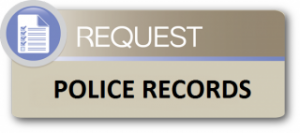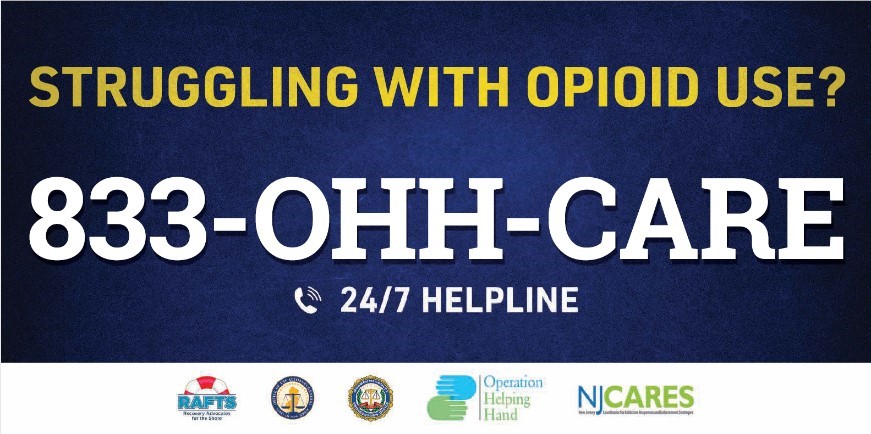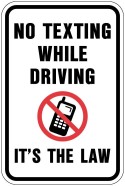Press Release
Chief Robert L. Brice reports the following occurrences:
The Wall Township Police Department warns consumers about a sophisticated phone scam targeting taxpayers throughout the country.
We want to educate taxpayers so they can help protect themselves. Rest assured, the Internal Revenue Service (IRS) will not ask for credit card numbers over the phone, nor request a pre-paid debit card or wire transfer. If someone unexpectedly calls claiming to be from the IRS and threatens police arrest if you don’t pay immediately, that is a sign that it really isn’t the IRS calling.
Other characteristics of this scam include:
- Scammers use fake names and IRS badge numbers. They generally use common names and surnames
to identify themselves.
- Scammers may be able to recite the last four digits of a victim’s Social Security Number.
- Scammers spoof the IRS toll-free number on caller ID to make it appear that it’s the IRS calling.
- Scammers sometimes send bogus IRS emails to some victims to support their bogus calls.
- Victims hear background noise of other calls being conducted to mimic a call site.
- After threatening victims with jail time or driver’s license revocation, scammers hang up and others
soon call back pretending to be from the local police or DMV, and the caller ID supports their claim.
If you get a phone call from someone claiming to be from the IRS, here’s what you should do:
- If you know you owe taxes or you think you might owe taxes, call the IRS at 1.800.829.1040. The IRS
employees at that line can help you with a payment issue – if there really is such an issue.
- If you know you don’t owe taxes or have no reason to think that you owe any taxes (for example, you’ve
never received a bill or the caller made some bogus threats as described above), then call and report the
incident to the Treasury Inspector General for Tax Administration at 1.800.366.4484.
- You can file a complaint using the FTC Complaint Assistant; choose “Other” and then “Imposter
Scams.” If the complaint involves someone impersonating the IRS, include the words “IRS Telephone
Scam” in the notes.
Taxpayers should be aware that there are other unrelated scams (such as a lottery sweepstakes) and solicitations (such as debt relief) that fraudulently claim to be from the IRS.
Please remain vigilant against phone and email scams that use the IRS as a lure. The IRS does not initiate contact with taxpayers by email to request personal or financial information. This includes any type of electronic communication, such as text messages and social media channels. The IRS also does not ask for PINs, passwords or similar confidential access information for credit card, bank or other financial accounts. Recipients should not open any attachments or click on any links contained in the message. Instead, forward the e-mail to phishing@irs.gov.
More information on how to report phishing scams involving the IRS is available on the genuine IRS website, IRS.gov.
You can reblog the IRS tax scam alert via Tumblr.















